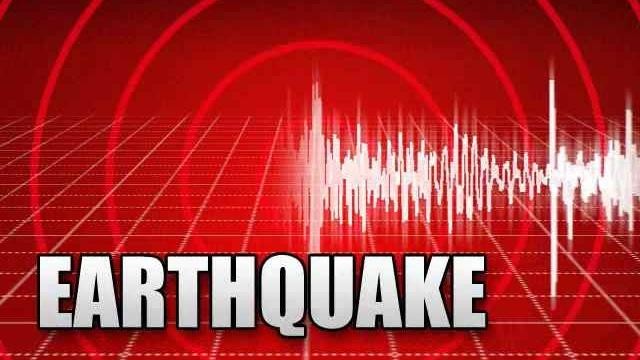What is an earthquake?
An earthquake is a sudden shaking or trembling of the Earth's surface caused by the movement of tectonic plates or volcanic activity. The shaking is typically accompanied by loud rumbling or roaring sounds and can cause damage to buildings, infrastructure, and other structures. Earthquakes vary in intensity and can range from barely noticeable to extremely destructive.
What are causes of earthquakes?
Earthquakes are usually caused when underground rock suddenly breaks and there is rapid motion along a fault. This sudden release of energy causes the seismic waves that make the ground shake.
Why do earthquakes happen?
Earthquakes happen due to the movement of tectonic plates, which are large slabs of rock that make up the Earth's crust. The Earth's crust is broken into several plates, and these plates are constantly moving, albeit very slowly. When two plates move against each other, they can get stuck, and the pressure builds up until they suddenly slip, causing an earthquake. Other causes of earthquakes include volcanic activity, underground explosions, and the movement of magma beneath the Earth's surface.






মন্তব্যসমূহ (০) কমেন্ট করতে ক্লিক করুন